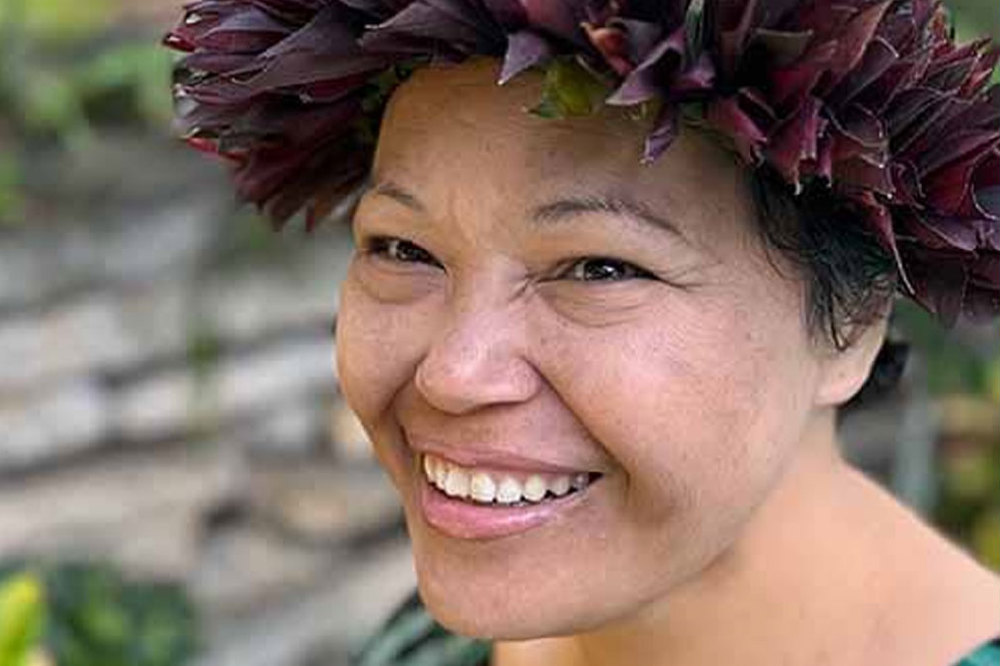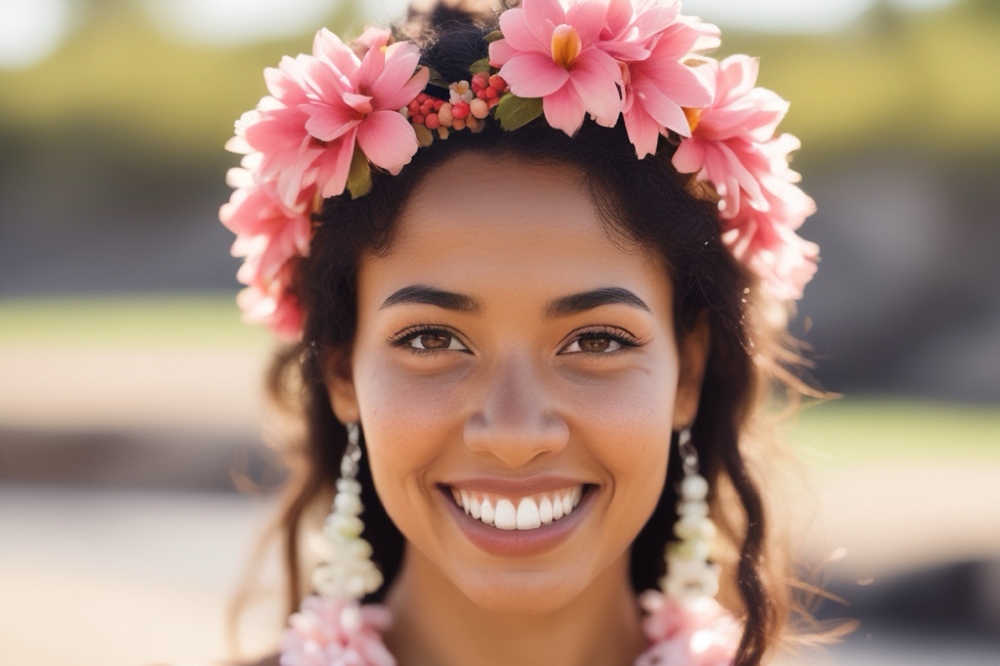By encouraging honest, respectful conversations and rejecting shame, parents can help their children navigate sexual education and body image with confidence and care—just as ancient Hawaiians did before colonization tried to suppress it, writes Dorimalia Waiau and Easa Mohamed

Dorimalia Wailia Image credit Dorimalia Waiau
When we think of Hawaiian women, the image that often comes to mind is one of vibrant skirts, semi-nudity, and graceful, hip-gyrating dancing. This celebration of the body and nature reflects a culture that was once deeply in tune with itself—especially when it came to sexuality. But colonization changed all of that. It brought shame and nearly wiped out the free-spirited way of life that Hawaiian women (and men) once embraced so openly.

Before colonizers arrived, Hawaiian society had a refreshingly open attitude toward sexuality. The ancient Hawaiians understood that sexuality is a natural part of being human. It wasn't just about intimacy but also about connecting emotionally, spiritually, and socially. In fact, Hawaiians celebrated sexuality as something joyous and positive, and they didn’t view it as something to be hidden or shamed.
Family, or ‘ohana, played a huge role in the community’s understanding of sexuality. Knowledge was passed down through songs, including those about love and sex, called mele ma’i (genital chants). One famous example comes from a song written by Lele-iō-Hoku, brother of Queen Lili’uokalani, which talks about the excitement and ecstasy of physical intimacy. This was just one way in which Hawaiians embraced sexuality, singing about it openly and joyfully.
In pre-colonial Hawaii, children were raised in an environment that was incredibly open about sex and the human body. It wasn’t unusual for young people to see adults in intimate moments or to witness births, which were community events where everyone played a role. They grew up with an understanding that sexuality was normal, healthy, and, most importantly, not shameful.
As children reached puberty, grandparents and elders would take on the responsibility of teaching them about their bodies. This wasn’t the awkward "birds and the bees" talk we know today, but rather an honest and respectful education about anatomy, reproduction, and sexual pleasure. Hawaiians believed it was essential for young people to understand their bodies and to be prepared for adult life. Puberty was seen as a natural time for this education, and boys and girls were encouraged to explore their sexuality in a responsible way.
While sexual behavior was encouraged and accepted, there were certain guidelines that the Hawaiians followed. For example, sex during menstruation was considered taboo, but beyond that, there were few restrictions. Most importantly, they valued responsibility—making sure that sex was consensual and that any children born were cared for with love. In fact, the concept of an “illegitimate” child didn’t exist in pre-colonial Hawaii. Every child was seen as a blessing, and families raised them together, without judgment or shame.
What’s more, Hawaiians didn’t judge people for their sexual orientation. Māhū, or third-gender individuals, were widely accepted and respected members of the community. Unlike many modern societies, ancient Hawaiians believed that love and intimacy came in many forms, and all were celebrated.
Everything changed when Western colonizers arrived in Hawaii. Suddenly, the openness and acceptance that had defined Hawaiian culture were replaced with shame and judgment. The colonizers, unfamiliar with Hawaiian customs, saw the people’s semi-nudity, their dances, and their carefree attitude toward sex as scandalous. They imposed their own beliefs, which condemned these practices, forcing Hawaiians to cover up and change the way they thought about their bodies.
This shift wasn’t just cultural—it became law. Between 1820 and 1840, Hawaiian royalty, influenced by Western advisors, began to outlaw certain sexual practices and behaviors. Sex was turned into something sinful, and shame became a tool of control. The introduction of new diseases, including venereal diseases, only added to the stigma, as many Hawaiians began to associate sex with sickness and death.
Suddenly, being Hawaiian itself became something to be ashamed of. Colonization robbed Hawaiians of their natural connection to their bodies and their traditions, leaving a legacy of guilt and fear that still affects many families today.
As modern Hawaiians reflect on the past, they realise how valuable their ancestors’ attitudes toward sexuality were. The open discussions, the lack of shame, and the emphasis on education all helped young people transition smoothly into adulthood. Today, as the world grapples with issues like body positivity, mental health, and sexual education, we can learn a lot from how pre-colonial Hawaiians approached these topics.
Instead of shaming or avoiding discussions about sex, we should be preparing young people for the realities of adult life, just as the Hawaiians did. This doesn’t mean encouraging reckless behavior, but rather teaching respect for the body, consent, and responsibility—values that Hawaiians have always held dear.
In an age where children are constantly exposed to sexual content through technology, it’s more important than ever to have honest conversations with them about their bodies and their sexuality. By embracing our natural selves and teaching the next generation to do the same, we can create a culture where people feel good about themselves and their relationships.
Dorimalia Waiau is a critically acclaimed Native Hawaiian author whose critically-acclaimed ‘Be Manaful’ series of books, co-written with Easa Mohamed, are designed to empower young readers to confront life’s challenges with courage and resilience.
Drawing on over two decades of teaching experience, the series addresses profound issues like abuse, bullying, and social anxiety through themes of self-healing and forgiveness. The books are inspired by Menehune legends and celebrate Hawaiian mythology and the island’s rich, historic culture. The second book in the Be Manaful series is out soon.

